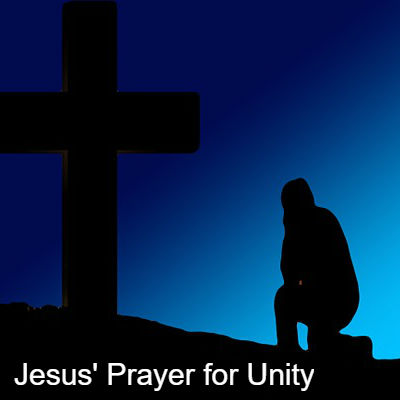What is Truth?
What is Truth? John 18:37-38 By Ysrael De la Cruz It was Denzel Washington who challenged journalist to tell the truth instead of doing their best to be first. “If you don’t watch the news, you’re uninformed. If you do watch it, you’re misinformed.” We all seek the truth; we want to know the truth…









